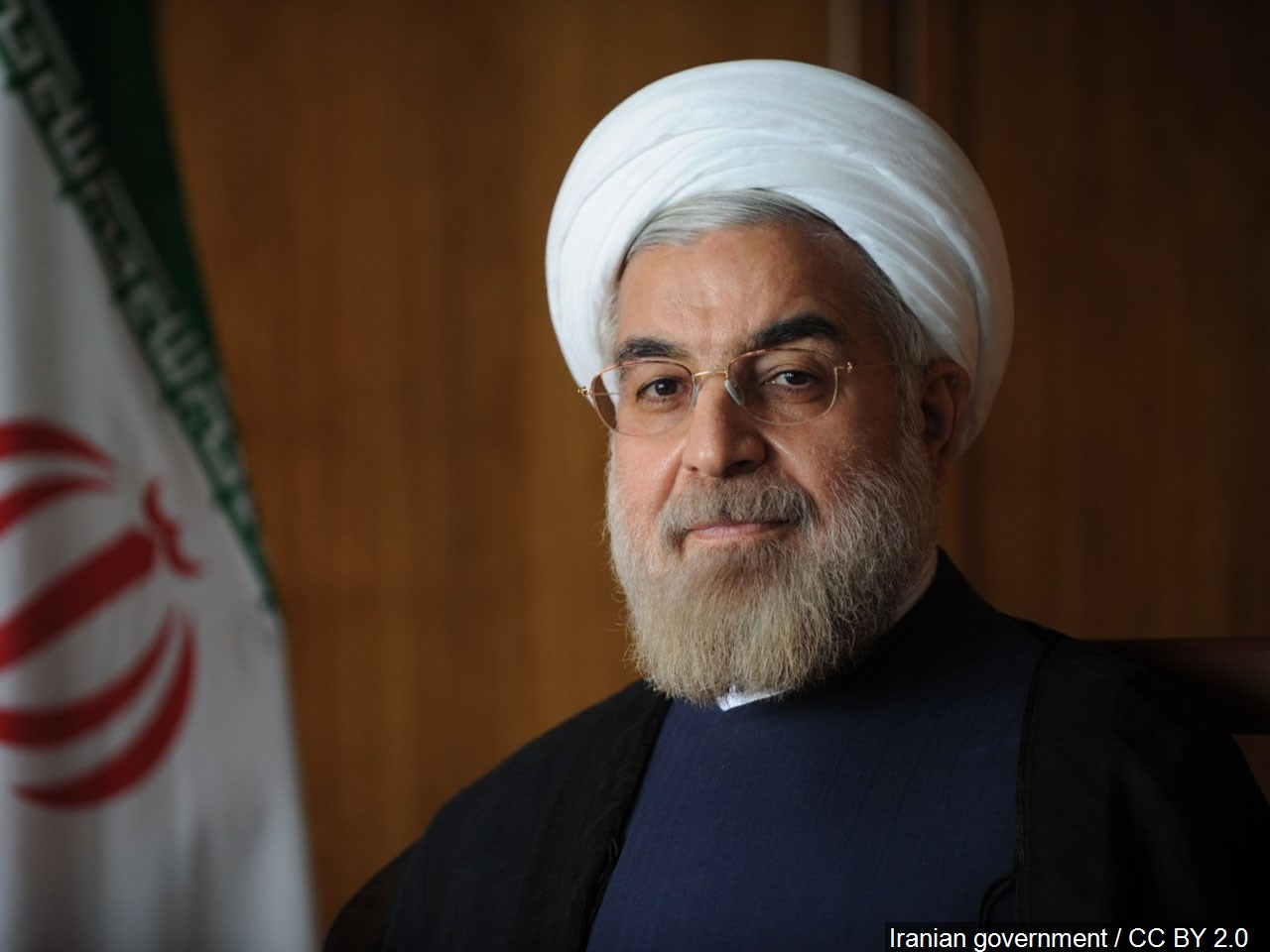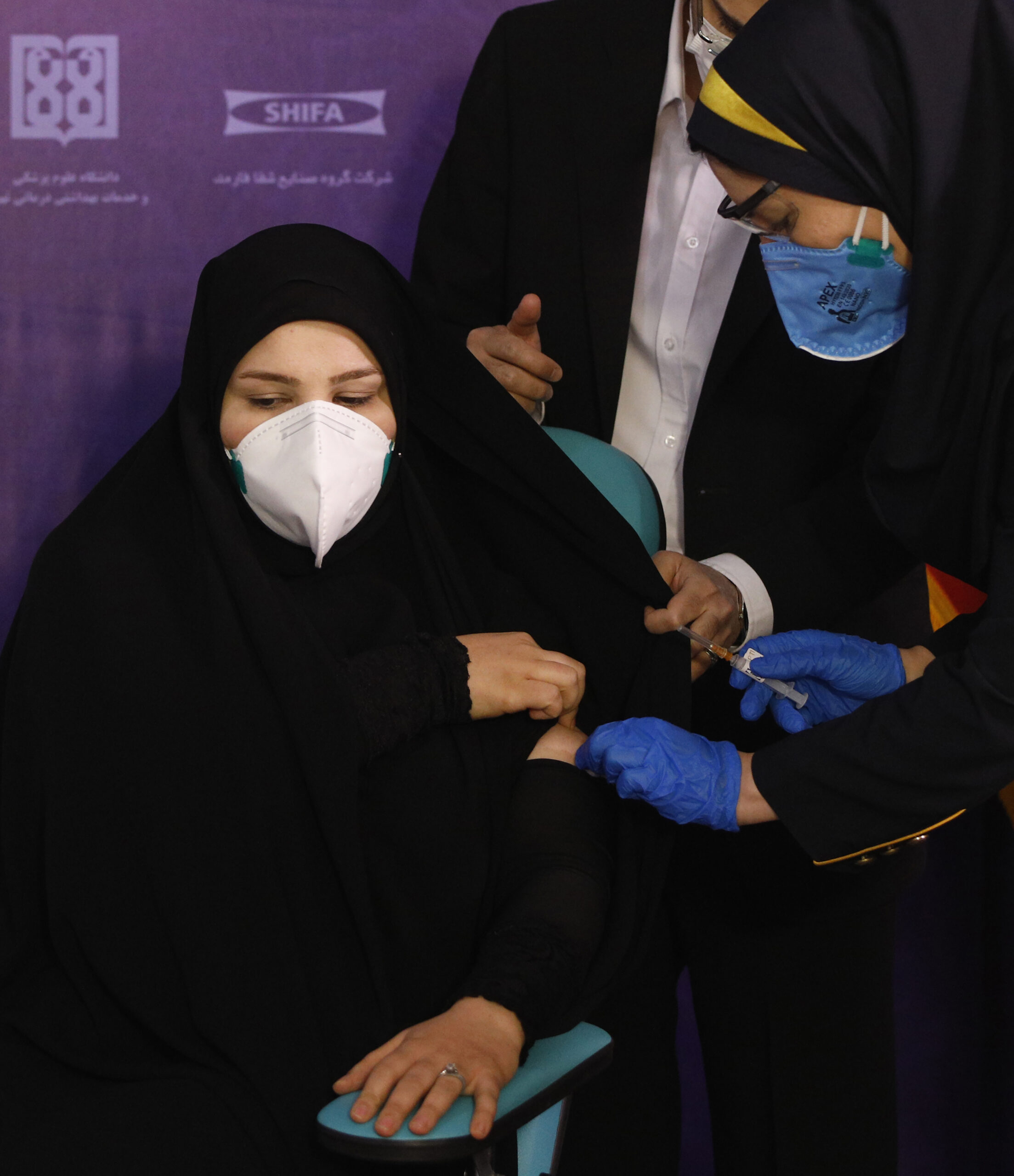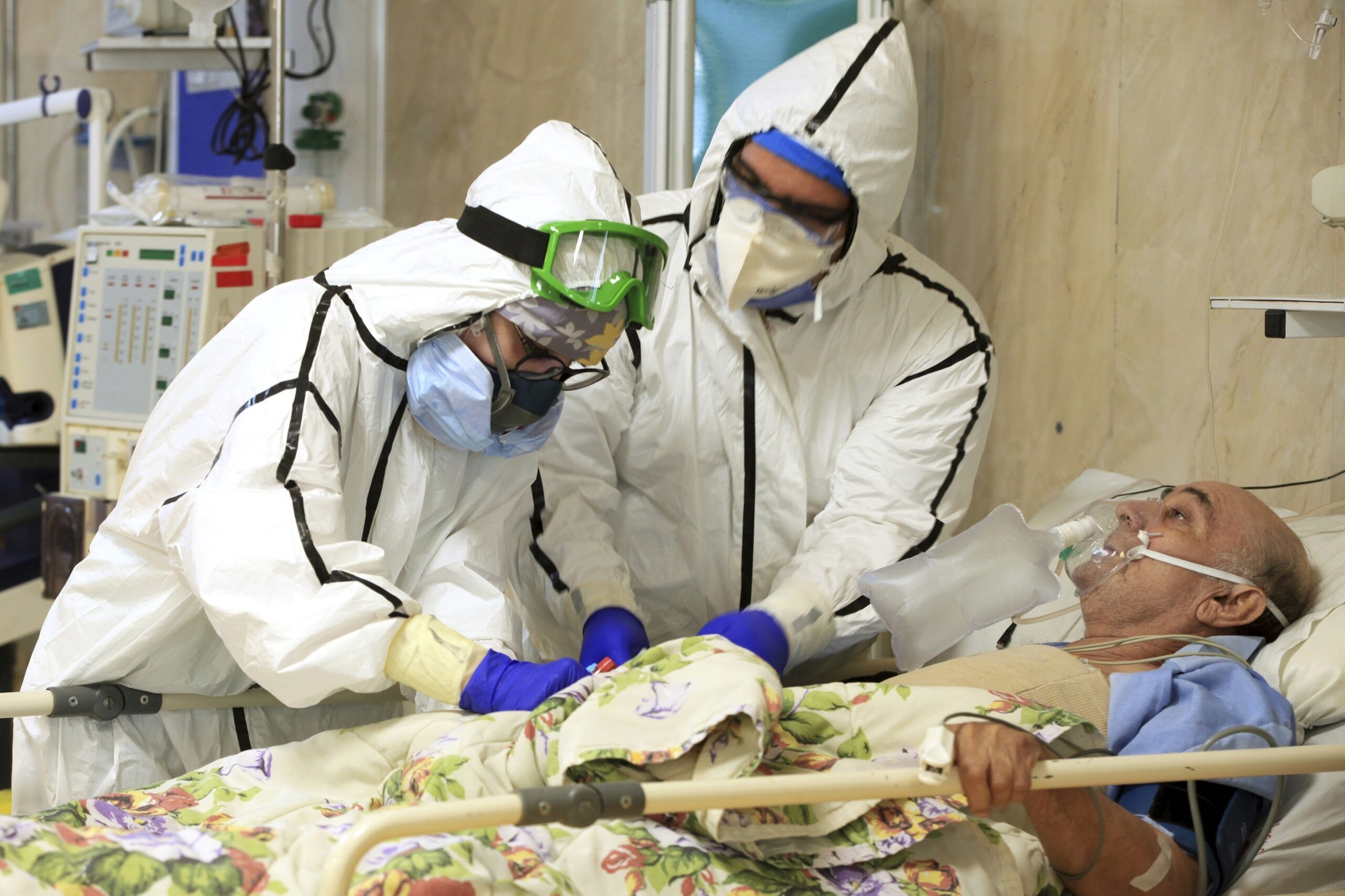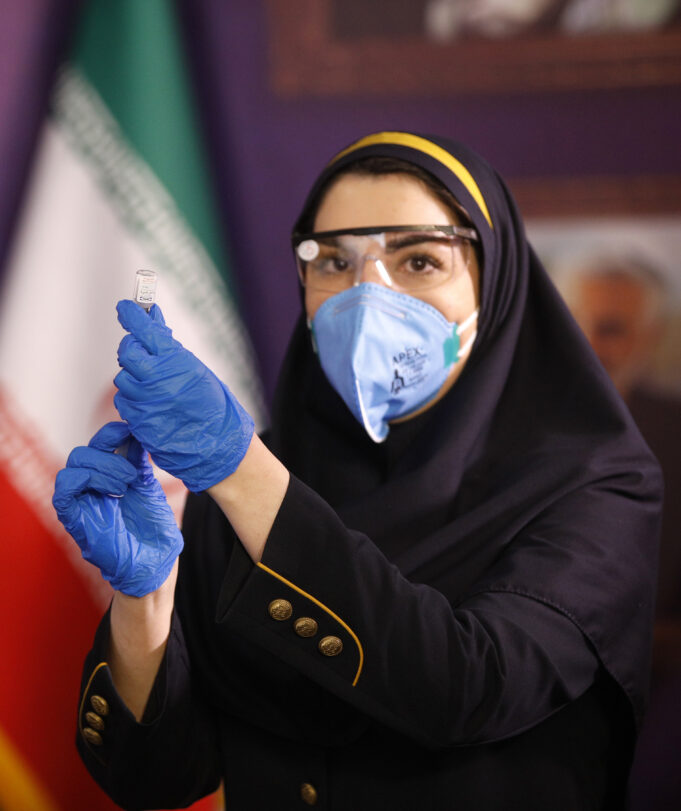Iran’s President Hassan Rouhani says foreign companies will not be allowed to test their Covid-19 vaccines on the Iranian people, voicing his support for the Health Ministry, which prevented the move.
He was speaking during a meeting of the national task force for fighting the coronavirus in Tehran on Jan. 9, a day after Leader of the Islamic Revolution Ayatollah Seyyed Ali Khamenei banned the import of Covid-19 vaccines from the United States and Britain.
“Some foreign companies wanted to test their vaccines on our people. But the Health Ministry prevented it,” Rouhani said.
“Of course, some countries accepted it, but we have nothing to do with them. Our people will not be a testing device for vaccine manufacturing companies,” he added. “We shall purchase safe foreign vaccines.”
In late December, Iran launched human trials of its first domestically-developed Covid-19 vaccine after successfully completing the initial steps and obtaining necessary approvals.
In parallel with efforts at developing homemade vaccines, Iranian authorities have said the county has plans to purchase foreign brands that pass safety and efficiency tests.

However, inhumane U.S. sanctions have affected Iran’s ability to make the payment for importing vaccines as well as life-saving medical equipment.
On Jan. 8, the Leader said the import of American and British Covid-19 vaccines is prohibited, stressing, however, that the Iranian government is allowed to supply the vaccine from other reliable sources.
“Had the Americans managed to produce a vaccine, they would not have faced such a mess today in their own country. In one day, some 4,000 people died from Covid-19 in the U.S.,” Ayatollah Khamenei added.
“I really don’t trust them. Sometimes they want to test the vaccine on other nations.”
The Leader also noted that he is not optimistic about France as the country was involved in an infected blood scandal in early 1990s.
Elsewhere in his remarks, Rouhani hailed the measures which have been taken in the field of the domestic vaccine, noting that Iran is also trying to buy safe vaccines despite all restrictions.

“Regarding the foreign vaccine, we had been engaged in the transfer works for over a month and forty days. It was one of the clear examples of the crimes committed by the United States against the Iranian nation,” he said.
“They created a lot of problems for the transfer of money to a company’s account so that we could buy and import the vaccines when it was our turn. But, the government took the necessary measures despite all these difficulties.”
So far, 1,274,514 Iranians have been infected with Covid-19 in Iran. More than 56,000 people have died, while 1,058,654 have recovered.
Iran starts second phase of injecting homegrown Coviran vaccine to volunteers
Iran started the second phase of the injection of its domestically-developed coronavirus vaccine to volunteers, further consolidating its steps towards a better containment of the flu-like pathogen.
Dr. Hamed Hosseini, director of the Clinical Trial Center of Tehran University of Medical Sciences, made the announcement on Jan. 4, saying the second phase of the injection was approved for the volunteers of the first human study of the Iranian vaccine dubbed “Coviran Barekat.”
“The Iranian vaccine will be injected to four other volunteers by the end of this week, and the results of the second phase will be announced to the monitoring committee early next week,” Hosseini said.

Iran began the first phase in the human trial of the homegrown Covid-19 vaccine on Dec. 29 after successfully completing the initial steps, including tests on animals, and obtaining necessary approvals.
The vaccine, produced by Iranian experts at the Headquarters for Executing the Order of Imam Khomeini, was administered to three volunteers at a ceremony in Tehran.
Pointing to the general condition of the first three volunteers for the Iranian vaccine tested last month, Hosseini said those individuals are “fine and everything is going well.”
The director of the Clinical Trial Center of Tehran University of Medical Sciences said the whole period of the vaccination of volunteers for a phase one clinical trial for the Iranian vaccine will continue for two months and that a total of 56 volunteers would receive shots in this phase.
The vaccine, dubbed Coviran Barekat, is named after the pharmaceutical group that developed the vaccine against the coronavirus pandemic and is made of a virus that is weakened or killed by chemicals.
The achievement comes as Iranian authorities have been critical of the U.S. for hindering the country’s efforts to buy vaccine from aboard. Many believe the Iranian-made vaccine proves the country’s enhanced capabilities despite U.S. sanctions.
Iranian scientists have been among the frontrunners in the international race to develop safe and effective vaccines aimed at stopping the spread of the highly-infectious respiratory disease.
Tehran said in December that eight of the vaccines it is formulating locally against Covid-19 had made their way onto the World Health Organization (WHO)’s list of 48 promising candidate vaccines.
In parallel with efforts at developing homemade vaccines, Iranian authorities have said the county has plans to pre-purchase foreign brands that pass safety and efficiency tests.
Iran, one of the countries hardest hit by the outbreak, reported its first cases of the fast-spreading disease in late February, around a month after the virus first showed up in China. (PressTV.com)













